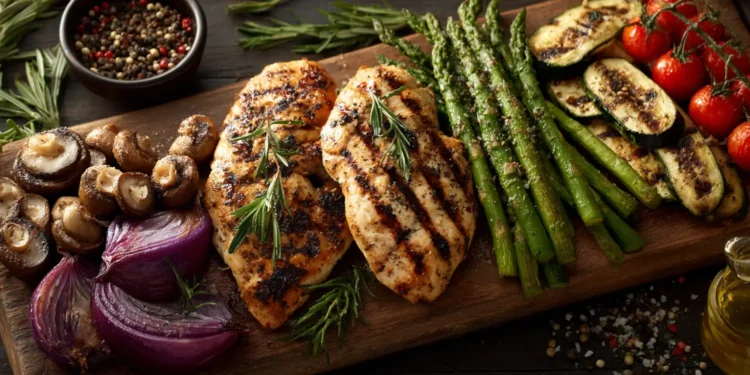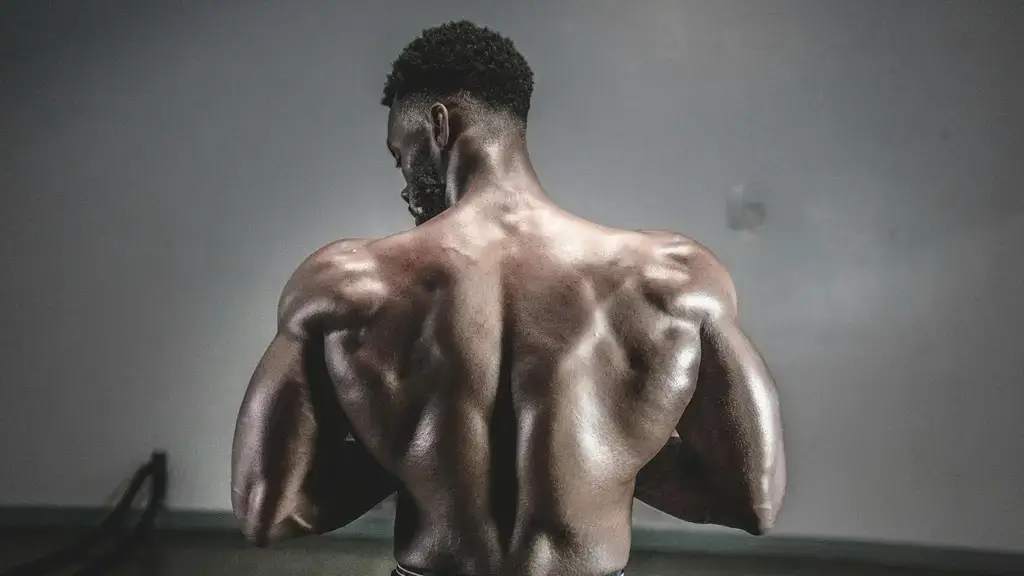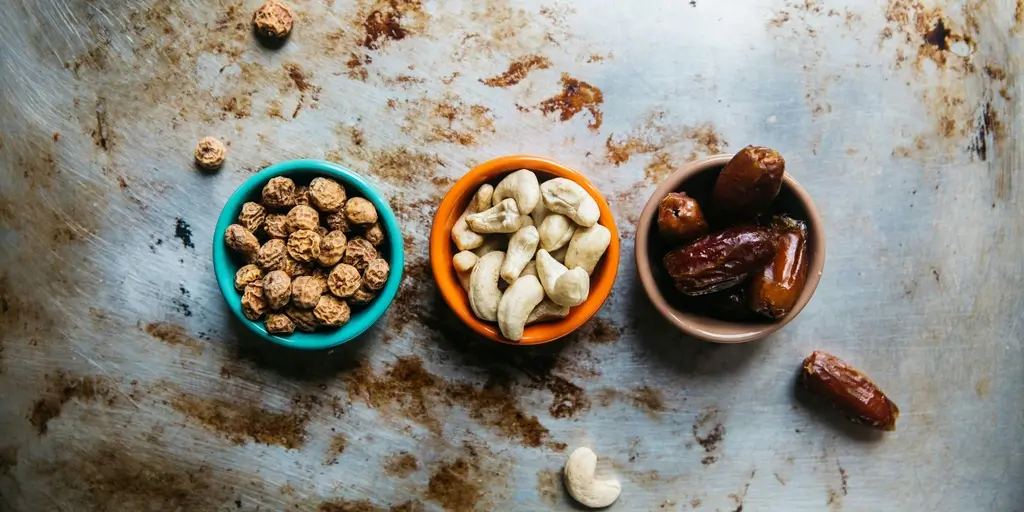Not a fan of diets? You’re not alone! Many people struggle with the concept of sticking to a strict diet, especially when trying to fuel an active lifestyle. Sports nutrition doesn’t have to be synonymous with rigid meal plans or boring food. In fact, it can be enjoyable, sustainable, and flexible.
Understanding Sports Nutrition
Sports nutrition is all about providing the body with the right fuel to perform optimally. It’s not about deprivation, but rather nourishing your body with the nutrients it needs.
Carbohydrates, proteins, and fats each play vital roles.
- Carbohydrates: These are the primary source of energy for exercise, especially high-intensity activities. Think of them as the fuel in your workout “engine”.
- Proteins: Essential for muscle repair and growth, they help in recovery after workouts.
- Fats: Needed for hormonal balance and energy, particularly in endurance sports.
It’s important to listen to your body and understand what it needs. Balance is key.
Tips for Nutrition Without Diet Restrictions
1. Mindful Eating: Pay attention to your body’s hunger cues. Eat when you’re hungry and stop when you’re full. This practice helps prevent overeating, a common concern among those who despise diets.
2. Portion Control: Instead of restricting foods, aim for balanced portions. Use your hand as a guide: a fist for carbs, a palm for protein, and a thumb for fats.
3. Diverse Foods: Eating a variety of foods ensures a range of nutrients, making meals more satisfying and nutritionally complete.
Creating Flexible Meal Plans
Flexibility can remove the stress of meal planning. Rather than sticking to a rigid plan, mix and match different foods and recipes. Here’s how to do it:
- Breakfast: Rotate between oatmeal, smoothies, eggs, and whole-grain toast. Each option can be varied by changing the toppings or mixing in different fruits.
- Lunch: Prepare versatile ingredients like grilled chicken, roasted vegetables, and whole grains that can be combined in a myriad of ways.
- Dinner: Keep it straightforward with protein and vegetables but change-up spices and cooking techniques to keep it interesting.
- Snacks: Incorporate fruits, nuts, yogurt, and cheese for variety.
Focus on Hydration
Forgetting to hydrate is easy, particularly when focused on when and what to eat. Water is critical for every function in our bodies and even more so for athletes. Keep a water bottle handy, and don’t forget that hydrating foods like watermelon and cucumbers contribute to your intake.
Learning to Love Whole Foods
Whole foods are less processed and often more nutritious. Incorporating them doesn’t mean you need to eliminate your favorite foods—it’s about shifting the balance.
Think 80/20: 80% of your intake from whole foods, and 20% from those treats you love.
The Role of Supplements
Supplements can support a well-rounded diet when used appropriately. For example, protein powders, omega-3, and creatine can play a role in an athlete’s regimen. The key is choosing what enhances your nutrition without over-relying on these products.
The Importance of Enjoyment
At the end of the day, enjoyment is crucial. If you’re not enjoying your meals, you’re likely to stray back to unhealthy habits. Find flavors, textures, and meals that excite you to make this lifestyle sustainable.
Remember, sports nutrition is about fueling an active life, not fitting into a dietary mold. With these strategies, even those who shy away from diets can fuel their bodies effectively.






